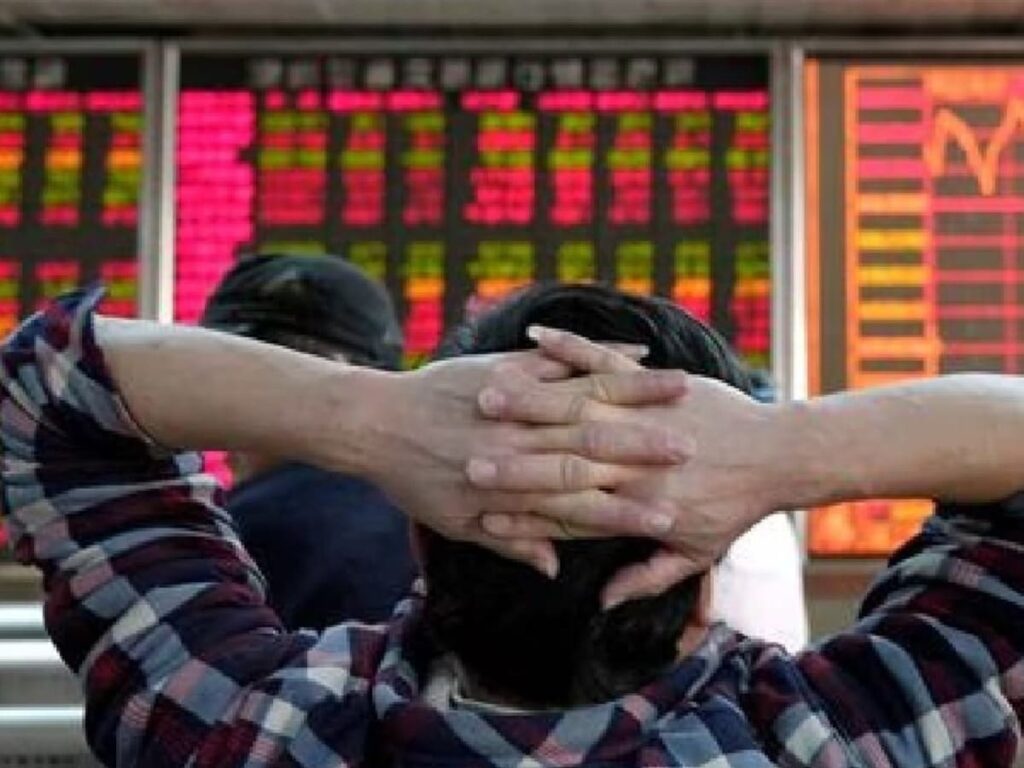The global financial markets have recently faced significant turmoil, primarily triggered by a stark announcement from former U.S. President Donald Trump regarding an additional 10% tariff on Chinese products. This decision sent shockwaves through stock exchanges around the globe, resulting in marked declines in various indices, including India’s benchmark indices, Sensex and Nifty, which plummeted nearly 2%. This article will delve into the implications of these developments, the factors influencing market reactions, and potential strategies for investors in this volatile landscape.
Impact of Tariff Announcements on Global Markets
Tariff announcements are powerful tools in international trade policy, influencing market sentiment and economic forecasts significantly. The recent tariff escalations have raised concerns among investors about a potential trade war between two of the world’s largest economies: the United States and China.
Immediate Reaction in Stock Markets
| Index | Percentage Change |
|---|---|
| Sensex | -1.98% |
| Nifty | -1.95% |
This immediate downturn reflects a broader uncertainty among investors regarding corporate earnings and economic growth, both heavily influenced by tariff policies. Sectors such as consumer goods, technology, and manufacturing are particularly vulnerable to these changes.
Factors Contributing to Market Volatility
Economic Indicators
Several economic indicators can contribute to market volatility beyond tariff announcements. These include:
- Inflation rates
- Unemployment statistics
- GDP growth rates
- Global supply chain disruptions
Investor Sentiment and Speculation
Investor sentiment plays a crucial role during periods of uncertainty. Many investors tend to react on speculation rather than solid fundamentals. This reaction can exacerbate market fluctuations, leading to heightened volatility.
Strategies for Investors Amidst Market Fluctuations
In such a tumultuous market environment, investors can consider several strategies to safeguard their portfolios:
- Diversification: Spreading investments across various asset classes can mitigate risks associated with market downturns.
- Dollar-Cost Averaging: Regularly investing a fixed amount can help average out the purchase price of investments.
- Research and Analysis: Staying informed about market trends and company performances is vital for making informed decisions.
- Defensive Stocks: Investing in defensive stocks, such as utilities or consumer staples, may provide stability during market declines.
Conclusion
The recent announcement of additional tariffs by the U.S. has reverberated through stock markets, resulting in significant drops for major indices like Sensex and Nifty. As global markets continue to reel from such developments, understanding the underlying factors driving volatility and employing effective investment strategies are essential for navigating this uncertain economic landscape. Investors who adapt to changing conditions may find opportunities even in challenging times.
